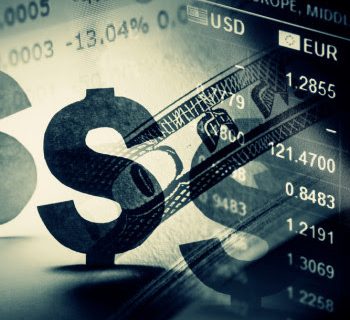
The window dressing ahead of the end of Q2 failed to signal a turn in sentiment. Equity markets have taken back those gains and more. The US dollar is broadly firmer, though it was coming off its best levels near midday in Europe, and the three-basis-point slippage puts the US 10-year yield at 2.83%, its lowest in more than a month.
Investors are wrestling with the implications of escalating trade tensions. The US tariffs on $34 bln of Chinese imports are to go into effect at the end of the week. The US has threatened to put a 10% tariff on $200 bln of Chinese goods if it retaliates, fans fears to an escalating conflict that is seen as a headwind on the world's economy. The huge fiscal stimulus in the US is thought to offer some cushion, but after a strong Q2 GDP (NY Fed GDP tracker says 2.8% and the Atlanta Fed GDPNow is at 3.8%), many economists expect the economy to slow.
The news stream is light. In addition to trade, investors are watching a couple of developments. EMU's manufacturing PMI disappointed. The flash PMI of 55.0 is revised down to 54.9. The manufacturing PMI has fallen every month this year. The source of the revision was France. Its manufacturing PMI was revised to 52.5 from 53.1 flash reading and 54.4 in May. It is the weakest since February 2017. Part of France's negativity was blunted by Italy's upside surprise (53.3 from 52.7 in May). Separately, Italy reported unemployment fell to 10.7% in May from a revised 11% in April (initially 11.2%). It is the lowest in six years. Separately, the UK manufacturing PMI stood at 54.4, which would have been unchanged from May, but it was revised to 54.3. from 54.4.
Meanwhile, although the EU Summit struck a compromise on migrants, it was not sufficient to diffuse the German domestic political problem. The CSU faces a challenge by the AfD in Bavaria at the start of Q4. Merkel needs the CSU for her governing coalition. Polls suggest that the German people prefer Merkel's immigration policies to what the CSU is advocating. The German Interior Minister and CSU leader Seehofer reportedly offered his resignation over the weekend, but negotiations between the Merkel's CDU and the CSU are apparently continuing. The perceived risk to the German coalition is seen as euro negative.



